Knowledge Management in Libraries
Synopsis
Libraries deal with the knowledge and the mission of the libraries is the knowledge management. Knowledge can be divided in two categories, tacit knowledge and explicit knowledge. Tacit knowledge is the ‘know-how’ acquired by persons. It is usually intuitive and generally demonstrated in how an individual makes accomplishment in his work, even though this knowledge is not recorded anywhere. But one of the goals of the knowledge management is to make tacit knowledge more widely available. Explicit knowledge is systematically documented records in any kind of format which guide the users to gain the knowledge as the individuals need and to expand the knowledge base further. Libraries, the institutions for knowledge management deal with both categories of knowledge, tacit knowledge for the library personnel and the explicit knowledge for the end-users. Library personnel must know the ‘know-how’ of information sources, management, retrieval and dissemination, as well as global access to information. This tacit knowledge helps the end-users to gain explicit knowledge as any individual requires. They must be guided to the gateway of knowledge. Information-rich’ organisations can be ‘knowledge-poor’ organizations if the two categories of knowledge do not match. This book is written to act as a resource base for tacit knowledge leading to explicit knowledge. The chapters of the book have been designed to deal with both information management as well as knowledge management
Read more
31.35
28.215
$
33.00 $
Free delivery Wolrdwidе in 10-18 days
Ships in 2-4 days from New Delhi
Membership for 1 Year $35.00
Get it now and save 10%
Get it now and save 10%
BECOME A MEMBER

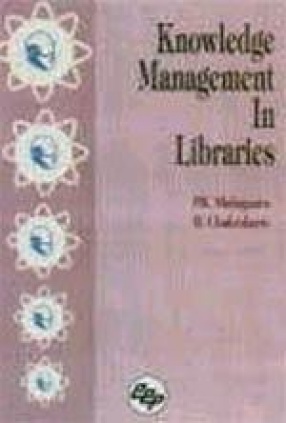




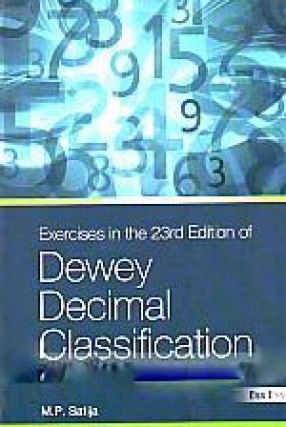
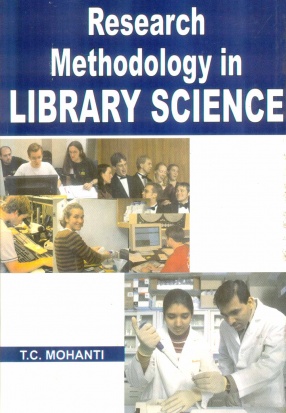
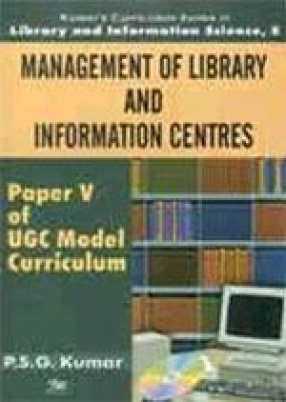
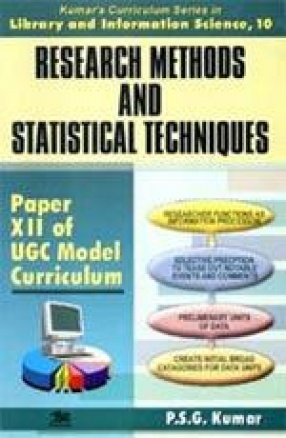

Bibliographic information
Bhubaneswar Chakrabarti